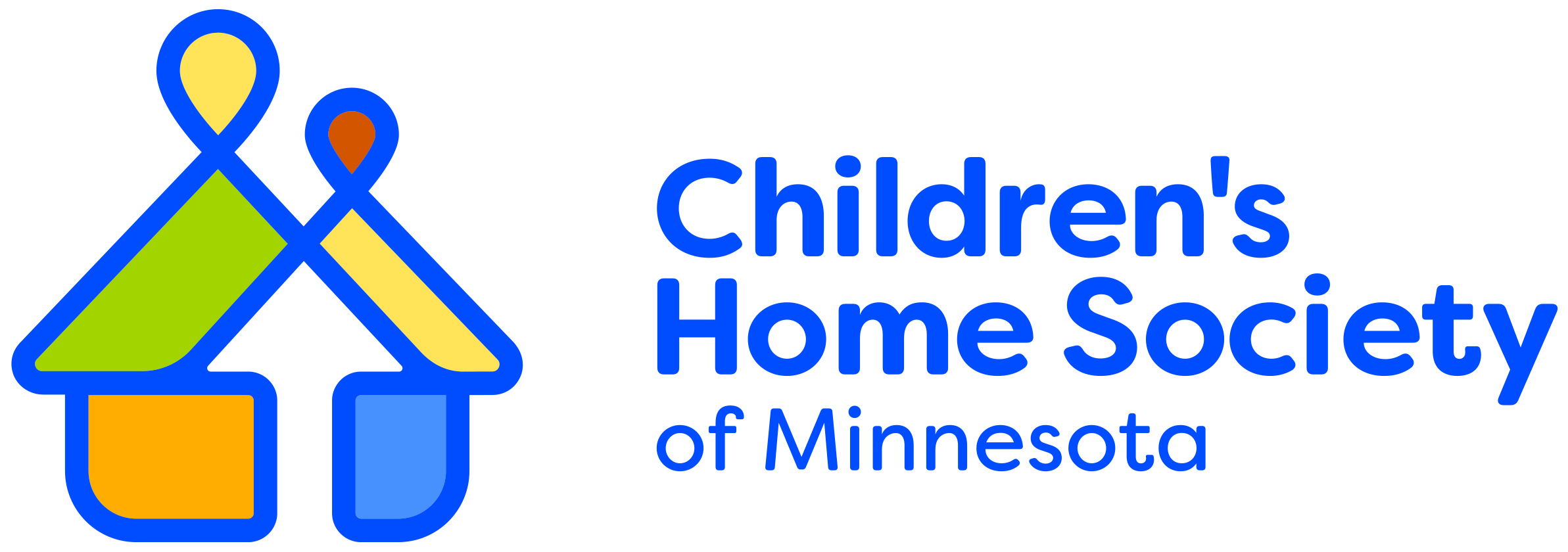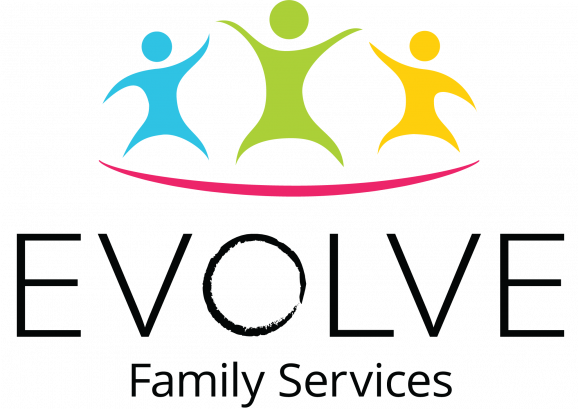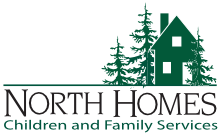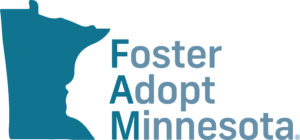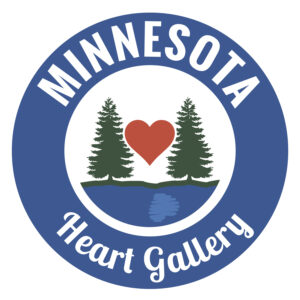The reasons behind a child’s entry into foster care can vary depending on the needs and circumstances of their first family. Trauma is inherent in the experience of familial separation, and therefore all children in foster care have unique needs stemming from their trauma histories and these deep losses.
Because of this, children who have spent time in foster care may not trust that adults will meet their needs, keep them safe, or remain in their lives. They may show their feelings through aggression, social withdrawal, emotional introversion, generalized fear or anxiety and other behaviors that require a high level of patience, support, and supervision. These children may also need guidance in learning the basics of daily routines, self-care, and social skills. Most importantly, children placed into foster care need to feel supported, safe, and cared for.
Adopting a child from foster care comes after reunification efforts with first parents have been exhausted, and a judge orders a termination of parental rights. Relative and kinship families are explored as permanency options first to minimize loss for the child(ren). If there are not any relative or kinship families available to adopt, social workers explore non-relative waiting families.
Families interested in adopting a child in need of a permanent home must first complete the Foster Care Adoption Education Classes. In this context, “families” refers to individuals, or married or cohabitating couples, with or without other children.
Upon completion of the Education Classes, families can select which adoption agency to work with. In addition to the Education Classes, agency-specific education must be completed during the home study process.
A home study is the process that evaluates a family as an adoptive resource for a child. The final product is a written report, as required by the Minnesota law for all prospective adoptive families. For most relative and non-relative families, the home study also includes temporarily licensing families for foster care for the purposes of adoption. The Public Private Permanency Collaboration (PPPC) agencies in this section all provide home study and foster care licensing services to families wanting to adopt from foster care.
Helpful Resources
DCYF Adoption Fact Sheet
Foster Adopt MN: Adoption 101
Northstar Adoption Assistance Information
Adoption Agencies
There are six Minnesota adoption agencies that fall under the Public Private Permanency Collaboration (PPPC) contract with the Minnesota Department of Children, Youth, and Families. These agencies provide adoption services for children under State or Tribal guardianship at no cost to families. Services include (but are not limited to) agency-specific education, home studies, and post-adoption services.
Click on each logo to learn more about the agencies and the services they provide or find an agency by region here.
Minnesota Kids
Once families are licensed and home study approved, the matching process begins. This includes learning more about the children in need of permanent homes.
The programs that provide recruitment services to children under State guardianship fall under the Permanency Support Services contract with the Minnesota Department of Children, Youth, and Families.
Click on each logo to learn more about the agencies that work to introduce families to Minnesota Kids.


